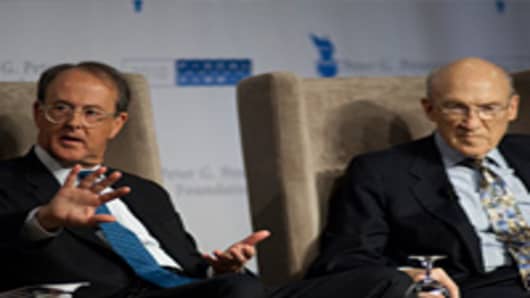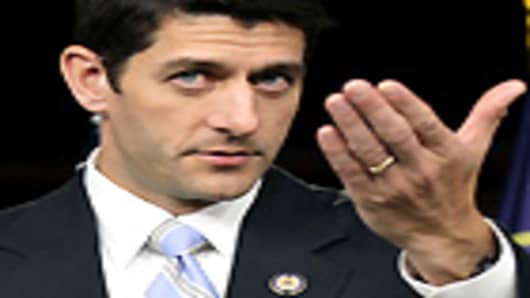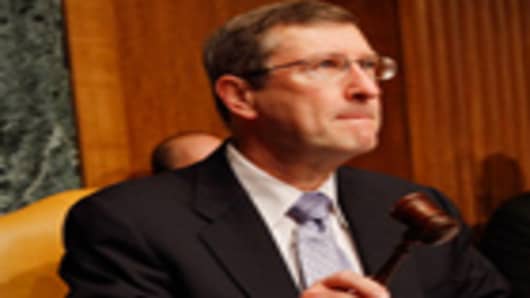Major elements of the plan are sensible reforms that would be phased in to produce lasting savings after the economy recovers. These include cost-saving reforms of Social Security, Medicare, farm subsidies, government retirement programs, domestic discretionary programs and defense. The plan would also reform the tax code to bring in more revenues by broadening the base of taxation while lowering rates.
Because everyone’s ox was gored, commission members were free to determine whether, in pursuit of a brighter fiscal and economic future, they were willing to accept parts of the plan they didn’t like in exchange for parts they did like. Those who voted “yes” understood that if everyone held out for their own versions of perfection, they would never get beyond gridlock.
Meanwhile, the Bipartisan Policy Center’s Debt Reduction Task Force, led by two veterans of past deficit-reduction efforts—Pete Domenici and Alice Rivlin—issued an equally valuable report. It, too, showed how bipartisan consensus could be forged through a mix of spending reductions and revenue increases.
Nothing says that these recommendations must be put on a shelf. It is true that the plans contain unpopular elements. However, if popularity is a strict criterion, policymakers might as well sit back and wait for the inevitable fiscal crisis because they will never eliminate trillion-dollar deficits with “popular” options.





